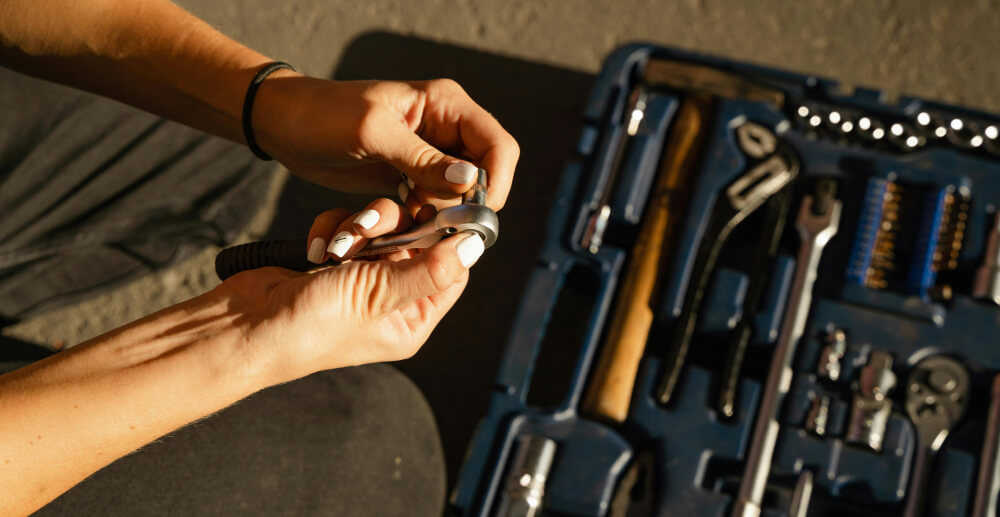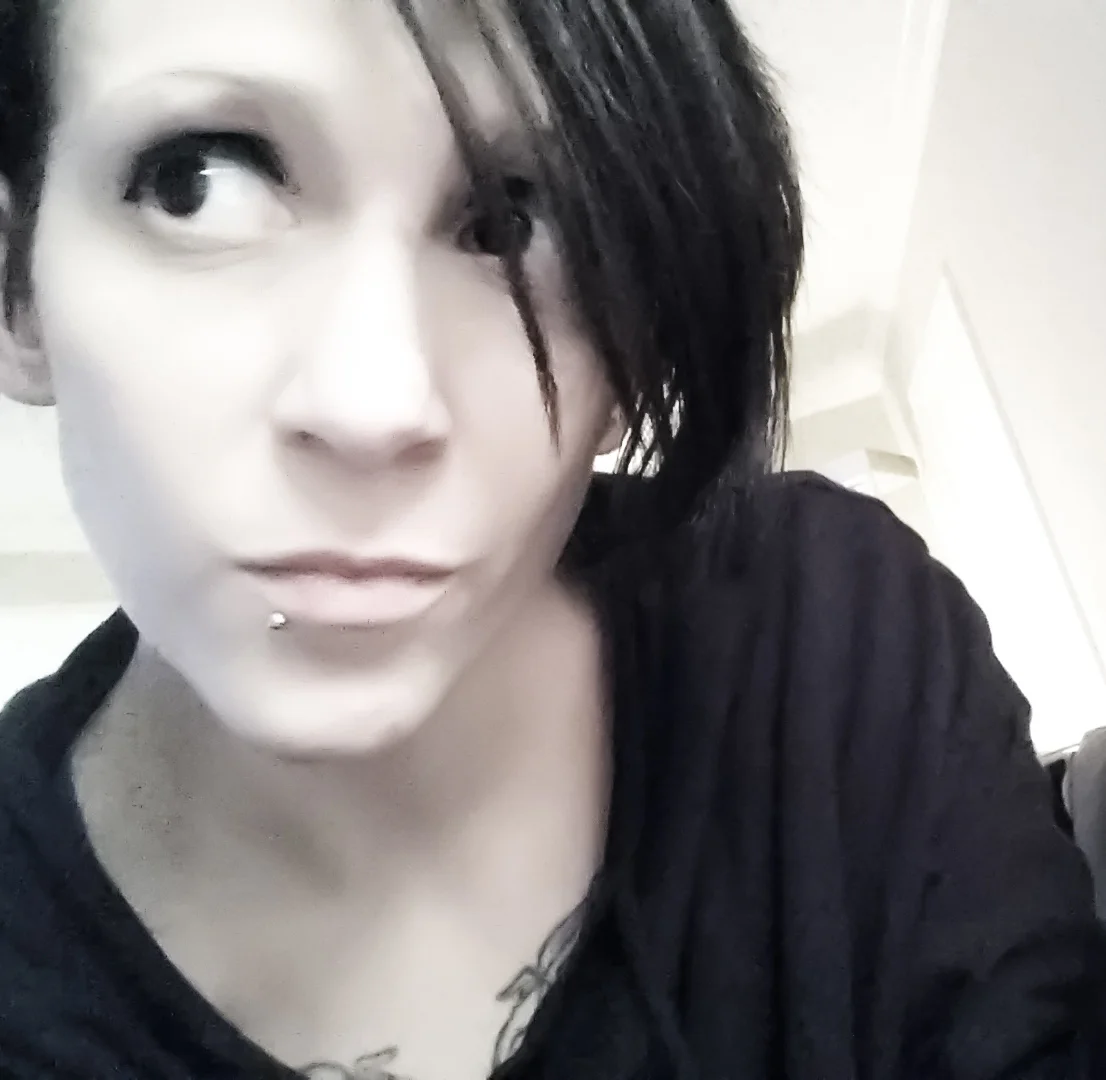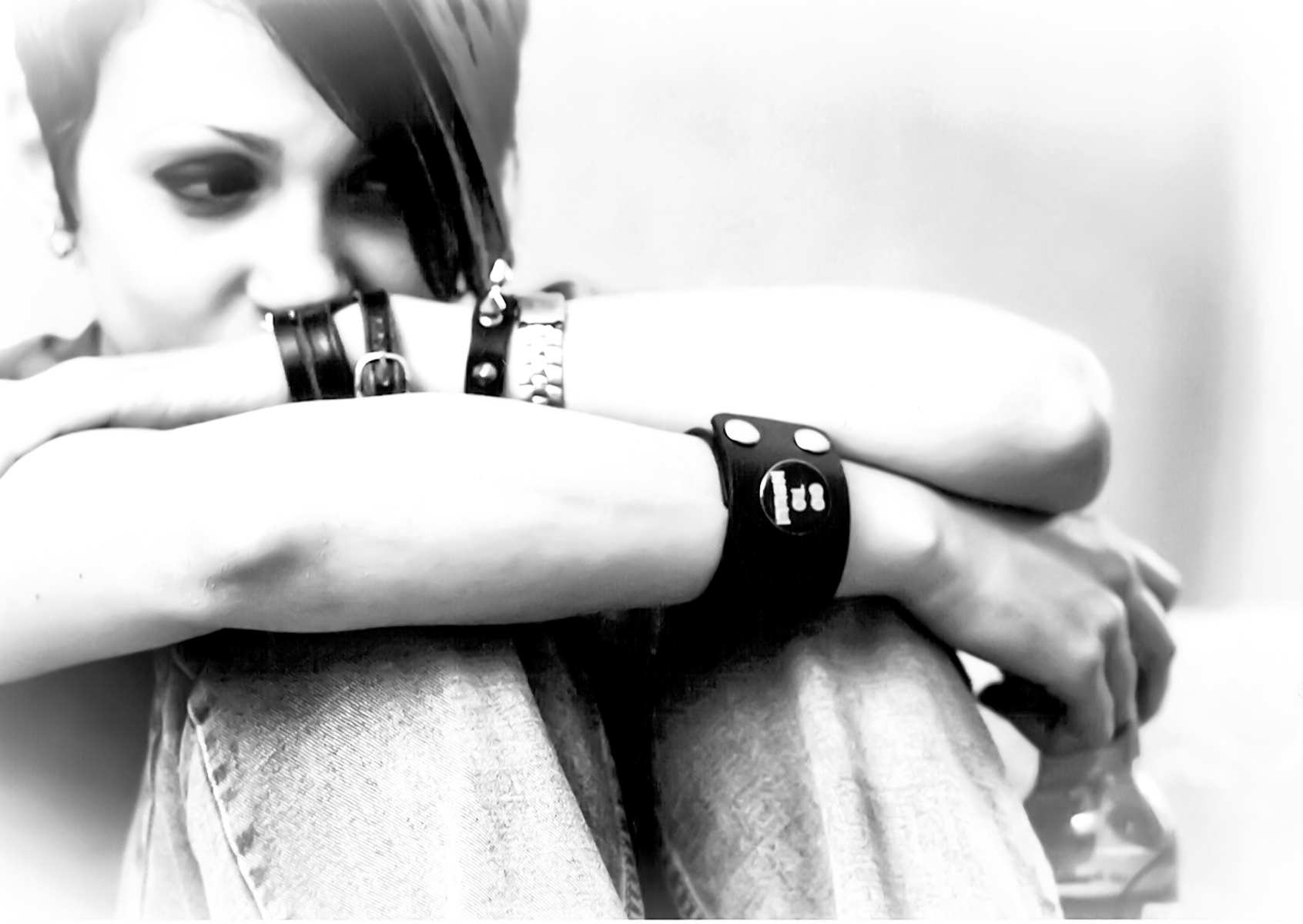We caught up with Amanda to ask her about her experience with addiction, chronic pain, and buprenorphine/naloxone (more commonly known by its brand name Suboxone).
Kali: How were you first exposed to drugs?
Amanda: I think 5th grade D.A.R.E. class peaked my interest, something caused me to be really curious anyways, and I ending up reading all the books about drugs at my library. I was really drawn to the drug culture and my friends were a group of free thinkers, artists and musicians, so very few of them thought drugs were bad. I remember they were easily accessible and I wanted to do them, so I sought them out.
When did you first think you might have a problem?
This question really stumped me, accepting I had a problem did not come easy for me, and I can’t even pinpoint a moment when I believed I did.
I was using hard drugs heavily for 15 years and I was hooked on Heroin the last 3-4. But I always viewed medicine for treatment and street drugs for getting high, so my addiction didn’t stem from prescriptions that time. I skipped the pharmacy all together.
It all came to an end when I landed in jail and went through withdrawal for 24 hrs before my dad bailed me out, as long I agreed to go to rehab.
I was too exhausted so I just gave in and I spilled 15 years of secrets to my mom and dad. It totally crushed them and I didn’t even realize that till years later, but I knew that honesty was the only way to keep me from going back.
I do remember thinking “This is the end of my road,” and if I admit it, I don’t want to go through this again. But I still tried to leave rehab early, and when my ride didn’t answer and that’s when I finally accepted I needed the help.
Getting Help For Addiction
Did you tell your family and friends you were struggling? Did they know without you telling them?
I think it was obvious I was struggling. I was no longer working, I was evicted twice in a row after paying rent for 12 years on my own, I often had the “flu”, I looked like crap and I was being even more selfish and manipulative than usual.
But I never told anyone I was struggling or that I wanted or needed help. I was far too confident while I was using, to accept things were out of my control.
How did you make a decision about addiction treatment? In Michigan, were there any important things to know about treatment here that helped you make your decision?
I didn’t have a choice in the matter and there weren’t many options back then. My parents called my childhood best friend who is a social worker, and she gave them the state placement phone number. I literally went where they told me, but It really helped going to a small women’s rehab!
“But I never told anyone I was struggling or that I wanted or needed help. I was far too confident while I was using, to accept things were out of my control.”
Medication-Assisted Treatment
What made you choose medication-assisted treatment (buprenorphine/naloxone)? Did you try anything else?
Suboxone came 4 years after I kicked heroin cold turkey. While I was in my second year of school I was diagnosed with fibromyalgia. I seen multiple specialists, tried a variety of treatment and gave into opiate pain medicine, because the whole process was pretty horrible. The doctors judged me immediately even though I asked for non opiate answers, but I needed to finish cosmetology school. Later, a doctor put me on Opana (which I had never heard of) and I was so overmedicated it contributed to a breakdown. My family admitted me to an inpatient mental hospital where they stopped all my medications. I couldn’t get out of bed for days, I was in so much pain, I was finally offered Suboxone, I’ve been on it ever since.
How long have you been on medication-assisted treatment?
I’ve been on Suboxone since the fall of 2010. Going on 7½ years now.
How did it first make you feel, and has that feeling changed over time?
I felt like I could finally get out of bed, function and take a shower! I was impressed that my head wasn’t foggy and I didn’t feel “high”. That feeling hasn’t changed over time, and because it helps with my fibromyalgia so much, I take less medicine now, than I ever did.
Do you still have any cravings for opiates? How did you get through them in early sobriety, or how do you get through them now?
I used to, but that stopped when I started the Suboxone. I would be really upset with myself, and I would disappoint a lot of people again if I strayed from my path. So I don’t forget that. My sobriety has been the only thing I haven’t screwed up in life, so I hold onto it with everything I’ve got.
Recovery Today
What are the most important tools for your recovery today?
My blunt honesty has been my most important tool.
I told everyone “I just got out of rehab” and I’ve been very open about being on Suboxone.
I also practice mindfulness and impulse control, I keep my stress levels extremely low, and my humor levels high haha! I use tools I learned in therapy, and I always remember the hell I went through to get here.
Advocating for myself as a person and patient in recovery via social media, being vulnerable and candid about my story definitely helps keep me grounded and honest.
People in Michigan often comment about the long winters. Do you think things like Seasonal Affective Disorder affect sobriety?
I think it can, depending on how well or not, someone is managing their sobriety. Michigan’s gloomy cold winter days and change in daylight are always hard to adjust to. You can almost sense the dark cloud moving over the state.
I believe self medicating to get through the season and family holidays happens far more during the colder months here.
You and I originally met through a Facebook group, and we’re both pretty active on Twitter. How do you think the internet has changed addiction treatment and recovery?
On a good note, it gives people a platform to stand on with a loud microphone to speak from! Private or public groups and forums provide support, hope, and a place for people to share their stories of success, struggle and grief. Live chats are educational, allow open discussion and help bridge gaps. A variety of resources, education and guides are easily available, apps can help people in recovery stay on track, and many attend online meetings. Virtual Reality programs open the conversation for prevention or offer guidance. Therapy, peer mentoring, physician visits and medicine refills are now available with telehealth.
Its a movement and it’s a relief that it’s finally trending. I just wish everyone would get on the same page already, because pointing fingers, placing blame, or spreading stigma and misinformation only holds the movement back.
What advice do you have for people unsure if they have a problem with addiction?
If you’re unsure and wondering, there’s a good reason for that. It’s time to talk to someone.
You are a great advocate for yourself and for addiction and mental health issues online. What if someone is too ashamed to speak up about the help they need with a doctor? Was it hard for you to talk to professionals about what you were going through?
My parents took me to therapy when I was 12 and I went often, until I was in my mid 30’s. So when it came to my mental health issues, I learned to recognize symptoms, take notes and list the issues I was having. Being knowledgeable about my mental health was huge, so I own & read prescription books, DSM-V manuals and learned about toxic psychology when I was a teenager.
If someone is too ashamed to speak up I let them know there’s nothing to be ashamed of when you want help. I always encourage them to educate themselves first, identify their symptoms if possible, and always make a list. If they’re scared of certain treatment options, set realistic boundaries and ask questions.
If you want to connect with Amanda, you can follow her on Twitter: @RebelEclectic






